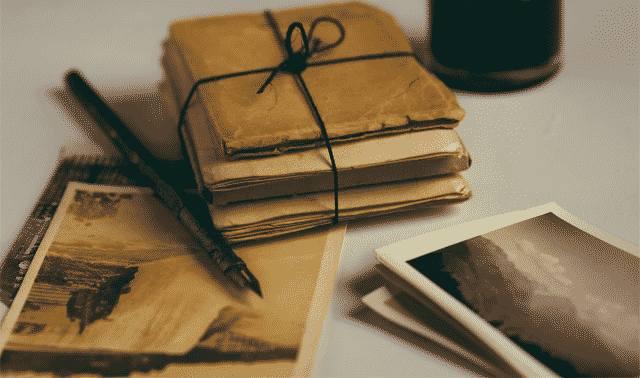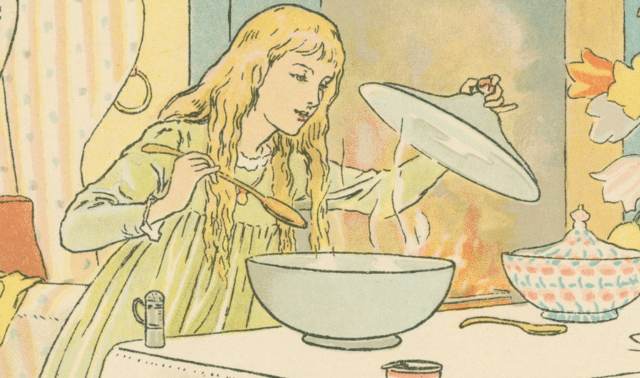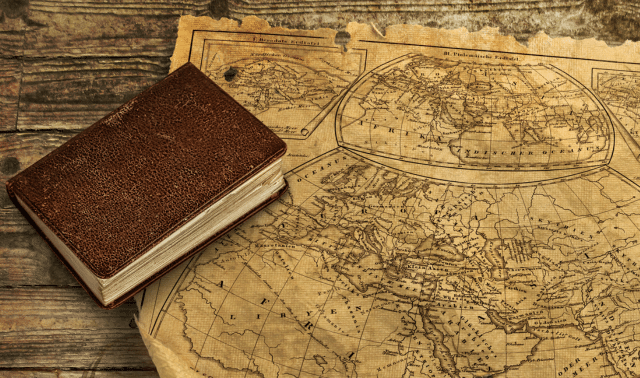
Maybe writing the story of your life just isn’t for you. But that doesn’t mean you can’t record something about your life for your children and grandchildren to enjoy.
Here are some easy alternatives from Sharon DeBartolo Carmack, author of You Can Write Your Family History:
Keep a diary or journal
No matter what your age, start now. As you record daily events and your thoughts and feelings, you can always backtrack and record an experience or event from your past.
Write letters
Write letters to the younger generation of your family, telling them what life was like for you at their age.
Tell your life story or events into a tape recorder or voice recording app
If it helps, write out questions you’d like an interviewer to ask you, then enlist someone to stage an interview for the tape. (Or ask them to record the questions, then use two tape recorders — one to play and ask the questions, the other to record your responses.)
If using a tape recorder: Make a backup copy of your tapes, then hire someone to transcribe them, since cassette and video tapes have only about a 10-year life span even under optimal conditions.
Start a simple chronology of your life
On a sheet of paper, or on the computer, list every year from your birth on. Beside the years, record one or more memorable events. Here’s an example:
1956 – I was born on October 17 at United Hospital in Port Chester, New York.
1957 –
1958 –
1959 –
1960 – I started nursery school. One of the nuns made me sit in the corner because I refused to finger paint and get my hands dirty.
1961 – We moved from Port Chester, New York, to La Habra, California.
1962 – We moved from La Habra, to La Mirada, California.
1963 –
1964 –
1965 –
1966 – We moved from La Mirada, California, to Mineral Welts, Texas.
If you ever do decide to write an autobiography or memoir, you’ll already have ideas and an outline. As memories return to you, add them to your chronology.
A version of this article appeared in the January 2000 issue of Family Tree Magazine.
Use these tips for alternatives (or prompts) to memoir-writing from Sunny Jane Morton, author of Story of My Life: A Workbook for Preserving Your Legacy:
Try Memoir Mad Libs
Writing your life story is as easy as filling in the blanks. Use these 11 Mad Lib-style, memory-jogging prompts to start your memoirs.
Fill in the second blank based on your answer in the first, then tell whatever story comes to mind. You can reuse the prompts by filling in the blanks differently. Here are some examples of ways you can fill in the blanks:
person: yourself, a relative, friend, teacher, enemy
place: the backyard, church, high school, summer cottage, in your first car
event: high school reunion, wedding, graduation, fishing trip, vacation
adjective: funny, strange, sad, crazy, scary
Here’s an example:
It was a(n) [adjective] night with [person] when…
Answer: It was an unforgettable night with Matt when we spread out a blanket for a midnight picnic in the woods.
Now you try it, using these prompts:
- I’ll never forget the time [person] misbehaved at [event] . . .
- A(n) [adjective] thing that happened at [place] was . . .
- Nobody ever talks about [person]’s . . .
- I wish I could do [event] all over again . . .
- [Person] really surprised me when . . .
- A favorite memory of [place] is . . .
- [Person] was so [adjective] when . . .
- [Person] made [event] memorable when . . .
- I laughed so hard the time [person] . . .
- One of my favorite childhood places was [place] because . . .
- I felt [adjective] at [event] because . . .
A version of this article appeared in the March 2009 issues of Family Tree Magazine.
Jot Down “Lost” Memories
Free associate
Start with a blank page and write a person, place or event at the top. Then begin with “I remember” and write anything that comes to mind, even if it’s not a complete thought. For example, if my page was titled “Grandma,” I’d might write “sewing” (she was a skilled seamstress), “potbelly bear” (she gave me one for Christmas when I was 6), “purple” (her favorite color) and “Wellesley” (the street where she lived). Keep going until you run out of memories.
Immerse yourself
Go to a place related to a time in your life you want to recall. Visit your childhood neighborhood, walk around your high school, have a drink at the dive bar where your friends gathered when you were young singles. Listen to the music and eat the food you liked.
Read about the places and times you want to remember
Books, contemporary news articles and photos detailing events and eras like the assassination of President Kennedy, Summer of Love and the turn of the millennium will bring back mental images and memory snippets of what you were doing at the time.
Reach out
Ask folks who knew you when what they remember about the junior high class trip to Washington, DC, or the day of your father’s funeral. Their memories might fill in where yours gets fuzzy.




